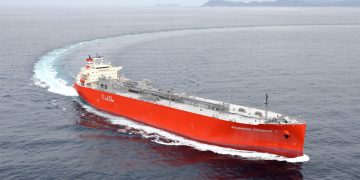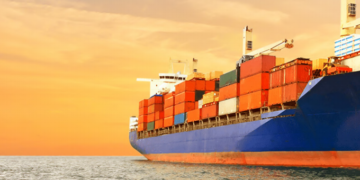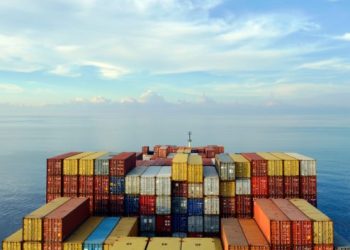FuelTrust’s new report finds that in the past year, over 600 vessels were disabled through fuel problems, despite the fuel being ‘on-spec’, resulting in estimated global supply chain losses exceeding $5 billion.
FuelTrust’s analysis found that between 2021 and 2022, more than 39% of global bunkers exhibited a fuel content delta of 2% or more compared to the amounts stated in their delivery paperwork. The primary issue identified was the introduction of water into the fuels during the journey from onshore storage tanks to the ship’s bunker tank.
This problem typically involved an increase from 0.1% to above 0.25% water content, which, although below the regulated threshold, still resulted in average losses of $14,910 per affected delivery, FuelTrust highlights.
Bunker fuels account for more than 50% of a vessel’s operational expenses, meaning fraudulent practices and inadequate supply chain management can significantly affect the profitability of vessel owners and charterers, and fuel suppliers, FuelTrust notes.
Just this month, eleven Ships lost propulsion, and over 100 ships were affected in a single incident of fuel contamination in Houston.
Instances of bunker fraud can involve various combinations of fraudulent actions, such as an owner defrauding a charterer, the ship crew defrauding the owner, or a charterer’s bunker buyer defrauding the charterer, FuelTrust adds.
According to FuelTrust, to prevent this type of collusion fraud, the best approach is to implement fully digitized supply chain systems.
It’s essential that ship owners, bunker suppliers and charterers can gain better insight into their fuel supply chains. Better information on the fuel we use is also a foundational block of any serious GHG reduction strategy.
… said Jonathan Arneault, CEO and Co-Founder of FuelTrust


























































